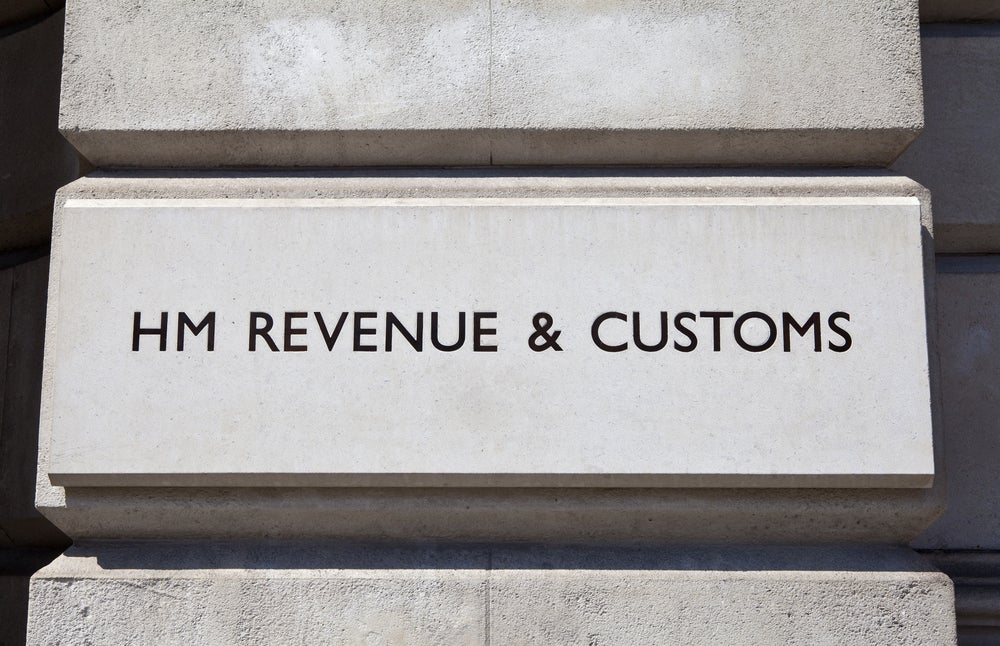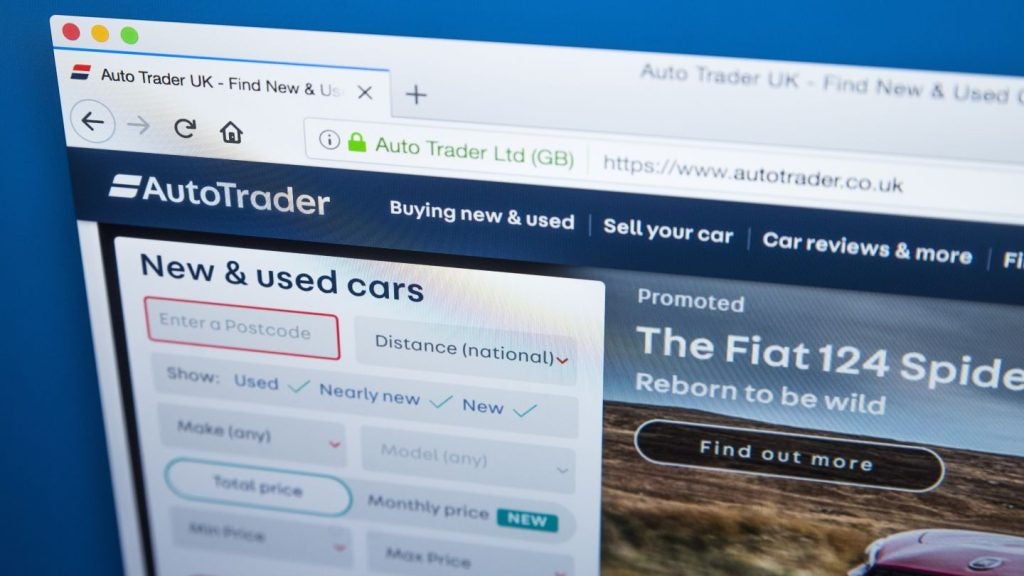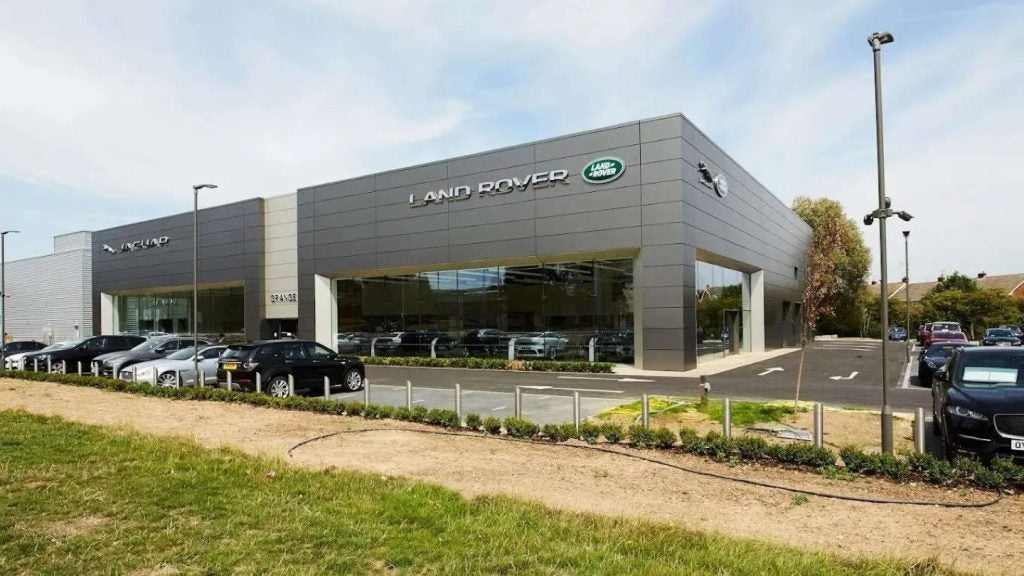
Motor finance providers must prepare for substantial changes to Vehicle Excise Duty (VED) and First Registration fees, effective from 1 April 2025. These changes will affect vehicle pricing, leasing costs, and financing strategies, particularly for electric vehicles (EVs) and high-emission models.
VED and first registration fee increases
From April, road tax rates will rise across the board, with the most significant impact on high-emission vehicles. Petrol and diesel cars emitting over 255g/km CO2 will see first-year VED double from £2,745 to £5,490. New EVs will no longer be exempt, facing a £10 “showroom tax” in their first year, and those priced above £40,000 will also be subject to the Expensive Car Supplement — £425 annually for years two to six.
Impact on EV finance and leasing
Richard Evans, head of technical services at webuyanycar, highlights how the changes will affect EV ownership costs: “The tax changes indicate that the cost of electric motoring is set to rise. However, EV drivers are currently free from road tax and can avoid charges for another year—if they act now.”
Buyers who tax their EVs before 31 March 2025 can lock in an additional year of tax-free motoring, saving £195. For older EVs, there remains a cost advantage—models registered before April 2017 will pay just £20 per year, making them attractive in the used market.
Financial considerations for lenders and lessors
- New pricing models: The changes will alter total cost-of-ownership calculations for financed and leased vehicles. Finance providers should reassess residual value assumptions, particularly for high-emission models now facing higher tax burdens.
- Shift in consumer demand: Increased first-year VED could dampen demand for high-emission cars while reinforcing interest in lower-emission alternatives, including pre-2025 EVs.
- Tax planning opportunities: Customers financing new vehicles may benefit from securing purchases before 1 April to avoid increased upfront costs.

US Tariffs are shifting - will you react or anticipate?
Don’t let policy changes catch you off guard. Stay proactive with real-time data and expert analysis.
By GlobalData






